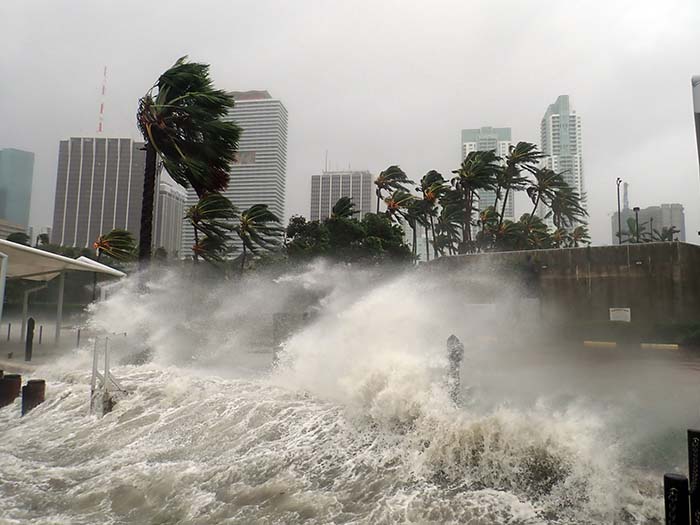Falling Premiums and the Other Troubling Ways COVID-19 Is Reshaping the Workers’ Comp Landscape

At the beginning of the COVID-19 pandemic, the workers’ compensation space, like many other industries, was swept up by fear of the unknown.
Medical providers rushed to transition current patients from in-person visits to telemedicine appointments. Payers worried about the costs of states passing workers’ comp presumptions for first responders, and industry professionals debated whether or not COVID-19 claims would be covered at all.
“The fear of the unknown, I think, was present with COVID before,” said Joe Paduda, principal at Health Strategy Associates.
“Now it’s still pretty darn scary, but people at least know how big it is, what it looks like and they’ve put in place some programs to address it.”
Now that the industry has a grasp on the scope of the COVID-19 pandemic, they’re starting to look ahead to what the potential financial ramifications could be. With an economic recession on the horizon, falling premiums and lost jobs are among some of the highest concerns.
A recent survey from Health Strategy Associates asked 35 payers and service providers how they think COVID-19 is affecting the workers’ compensation industry. The survey is a follow up to a previous, shorter survey conducted in March that collected responses from 15 payers.
The Survey By The Numbers
- Excluding COVID-19 claims, new injury claims dropped between 25-50% since early March.
- Payers expect total claims to decrease by about 20% for the entire year.
- When it comes to COVID-19 claims, the report found that they are typically inexpensive. One survey respondent estimated that 96% of claims cost less than $3,500.
- Another respondent reported that 3.8% of COVID-19 claims accounted for the vast majority of coronavirus-related costs.
Stop Worrying About Presumptions. Start Worrying About Falling Premiums
While COVID-19 presumption laws are gaining a lot of attention in the news, claims from injured workers who have contracted the disease aren’t likely to have a huge effect on workers’ compensation costs.
Many of the claims that are filed where a worker tests positive for COVID-19 end up being asymptomatic. When a worker does experience symptoms of the disease, Paduda notes that claims rarely reach catastrophic levels, with the average cost per claim hovering around $7,800 and outlier claims resulting in expenses in the $200,000 range according to the report.

Joe Paduda, principal, Health Strategy Associates
“When you look at what’s happened with presumptions, it just has not turned out to be nearly the problem that workers’ comp payers were afraid it was going to be,” Paduda said.
Presumptions may not have been the cost burden payers initially expected it to be, but workers’ comp professionals should still be on guard for COVID-19’s financial effects on the industry.
Premium reductions could be on the rise through 2021 due to the economic recession caused by prolonged business closures.
As businesses layoff and furlough their staff, fewer people are covered by workers’ compensation benefits and payers are left without crucial dollars.
“People are not paying nearly enough attention to what’s likely to be a 20-25% drop in premiums across the country,” Paduda said. “We should be terrified of the drop in premiums.”
Out of 25 payer respondents, six expected reduced premiums due to business closures and furloughs and seven predicted slower return to work due to lack of available jobs and health care services.
If premiums experience dramatic reductions, payers will likely have to reduce their frontline staff, leaving adjusters and other claims professionals out of jobs. Overall claim counts are also likely to drop and leave Third Party Administrators scrambling for other ways to generate revenue.
In order for the industry to survive, they’ll need to adapt and quickly. A task that might be difficult for the workers’ compensation industry’s often measured approach to change.
“For insurers and service companies, you’ve got to innovate; you’ve got to change or you’re going to be out of business,” Paduda said. &










